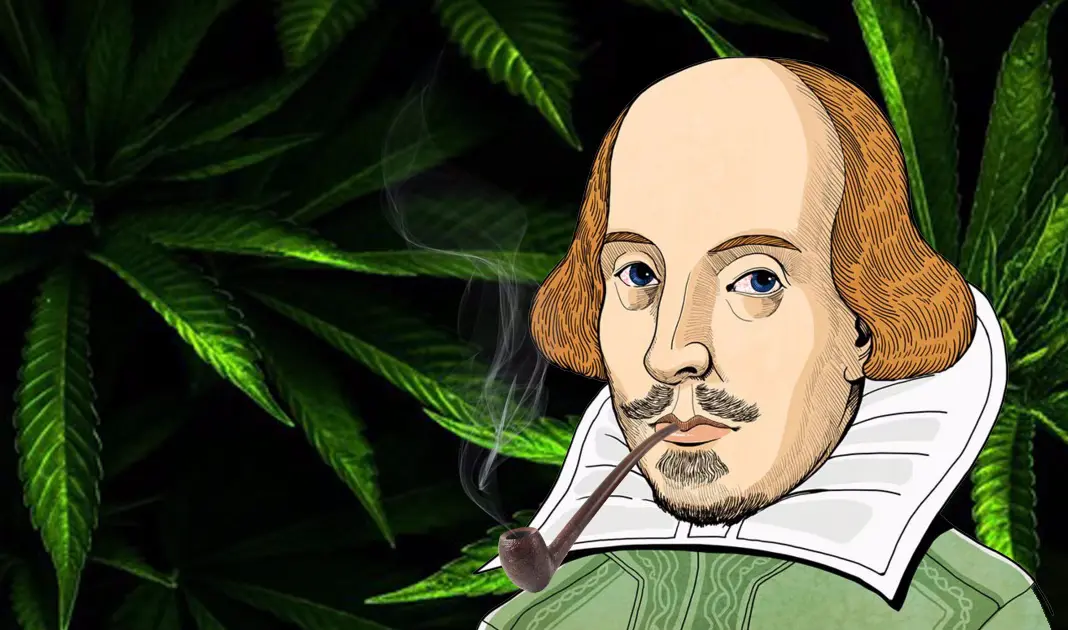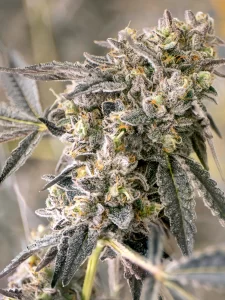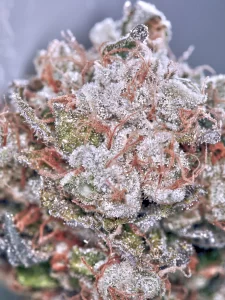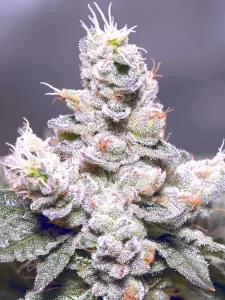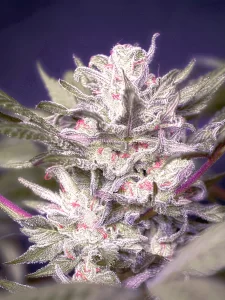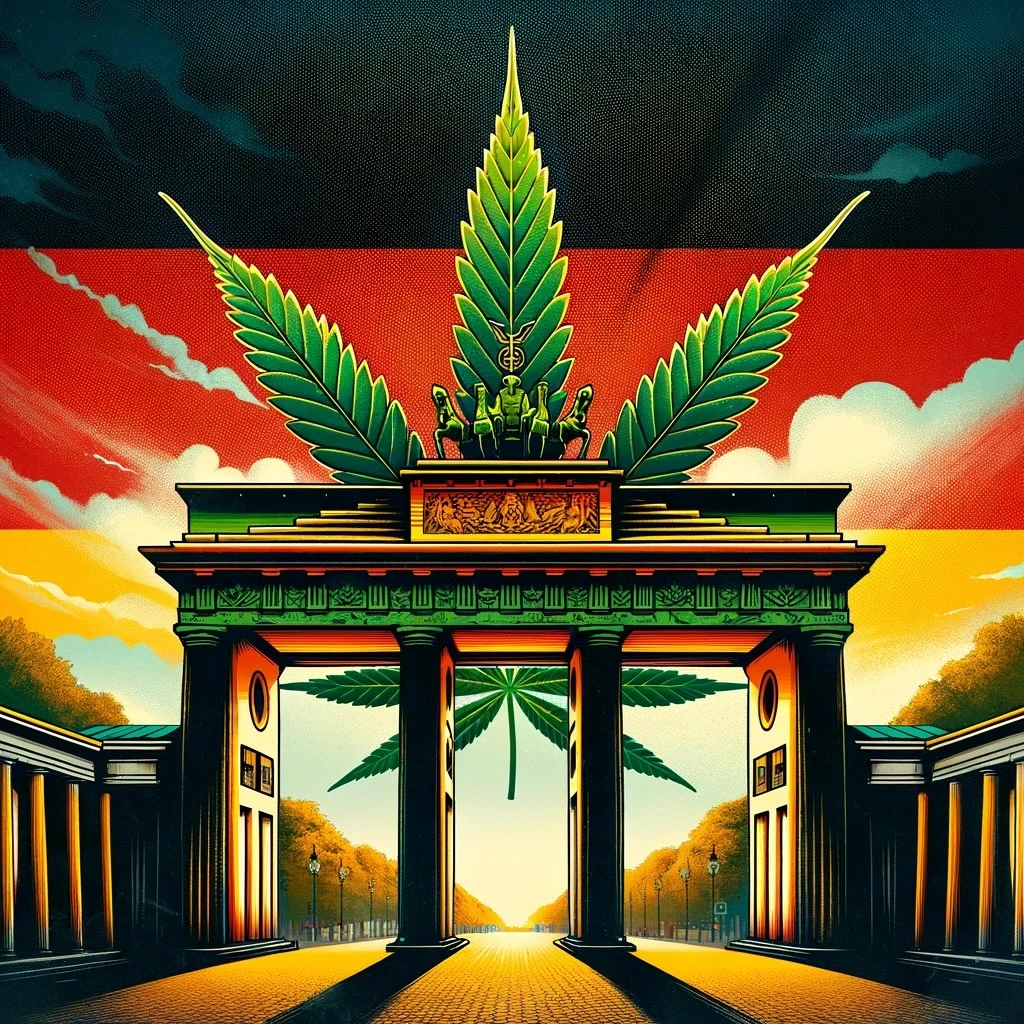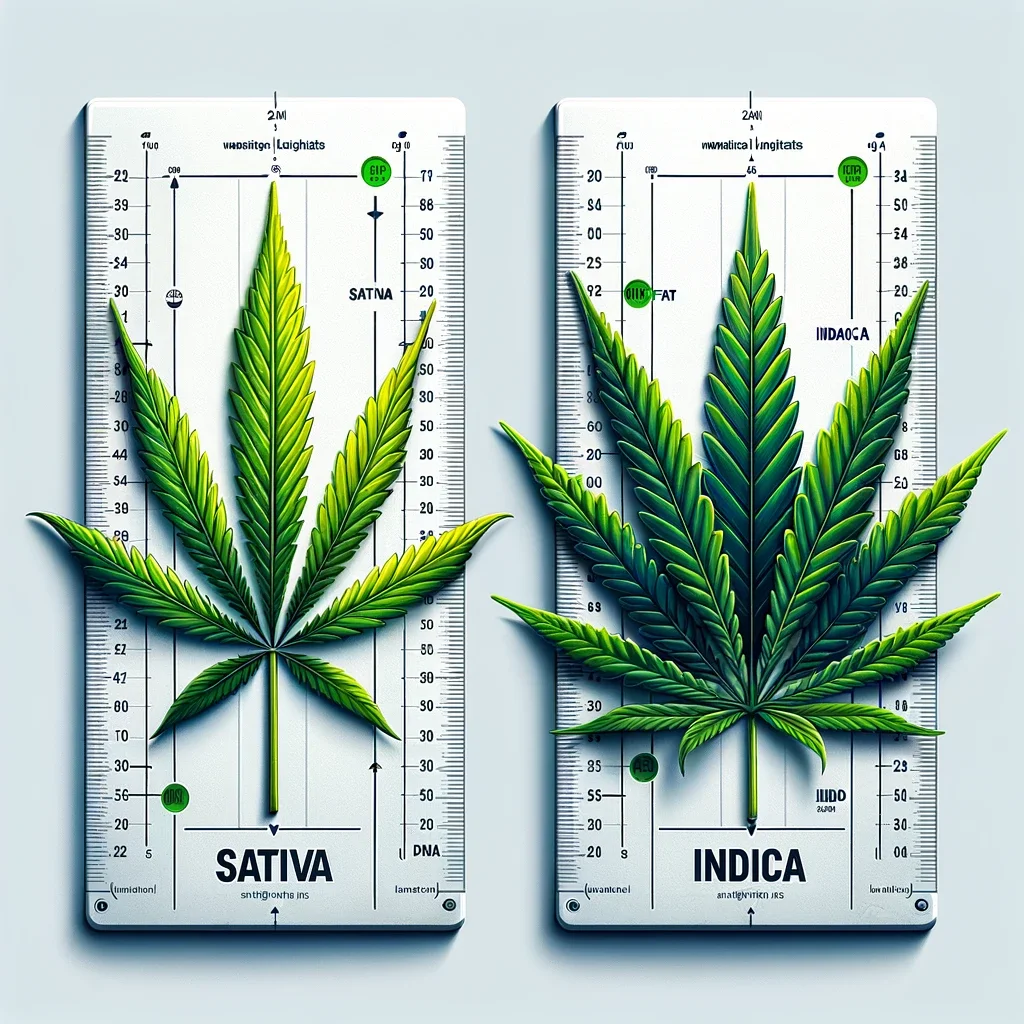Writers have their quirks, but it seems like William Shakespeare’s were of the herbal variety. With tobacco pipes discovered in his backyard that contained traces of chemicals linked to cannabis, he may have been one of the pot lovers during his time.
It was back in 2001 when an anthropologist from South Africa named Francis Thackeray decided to see the substances in the 400-year-old tobacco pipe from Shakespeare’s backyard. The anthropologist brought the pipe to a narcotics crime lab where he and his team examined it through gas chromatography-mass spectrometry. He later found that it had residues of cocaine and nicotine, which were probably from coca leaves from Peru.
There were a total of 24 pipe fragments, and eight of them contained traces of cannabis. Out of these eight pipes, four of them were found at the back garden of the famed author. These pipes all had a chemical signature comparable to cannabis. Of course, the results were not conclusive, mainly because there is no hard evidence that Shakespeare himself smoked using the pipe. There is also no indication that those pipes were his but the implication that he likely smoked a bowl invited some backlash.
Over a decade later, Thackeray is back to deliver his insights that the pipes provide compelling evidence. He argued that there were historical and literary proofs, alongside his scientific data, which tell the public that the playwright did smoke cannabis. Recently, some historians suggested that William Shakespeare was fond of the herbs. There may be a weak connection, but a botanical book published in 1598 may have shown that he alluded to his enjoyment of herbs as he mentioned popular tobacco flavors.
Meanwhile, Thackeray has a slightly different interpretation of Sonnet 76, which is a reference to “invention in a noted weed.” According to the South African anthropologist, Shakespeare mentioned an aversion to strange compounds, but his interpretation of the phrase is that the Bard prefers marijuana over cocaine while he was writing.
It may be unclear as to when people at that time, including Shakespeare, started to use weed instead of cannabis. Also, some historians are not happy with the interpretation. In fact, they think these analyses were dubious at best. James Shapiro from the Columbia University said in an interview that there is no way to know what William Shakespeare did or did not do when he was writing. While the pipes may have been found in his garden, it does not mean no one else threw them over the fence. Millions of possible causes are around for consideration.
However, cannabis has been around for thousands of years. During Shakespeare’s time, it was not criminalized in many parts of the world until the early 20th century. Therefore, it is not surprising that its use during the author’s time was accepted.
It is interesting that some of the best works in English literature’s history may have been under the influence of the drug. With some research backing Shakespeare’s use of cannabis and his writings although cryptic may have referenced the herb, this discovery may just be one of the most thought-provoking findings in the recent times.

